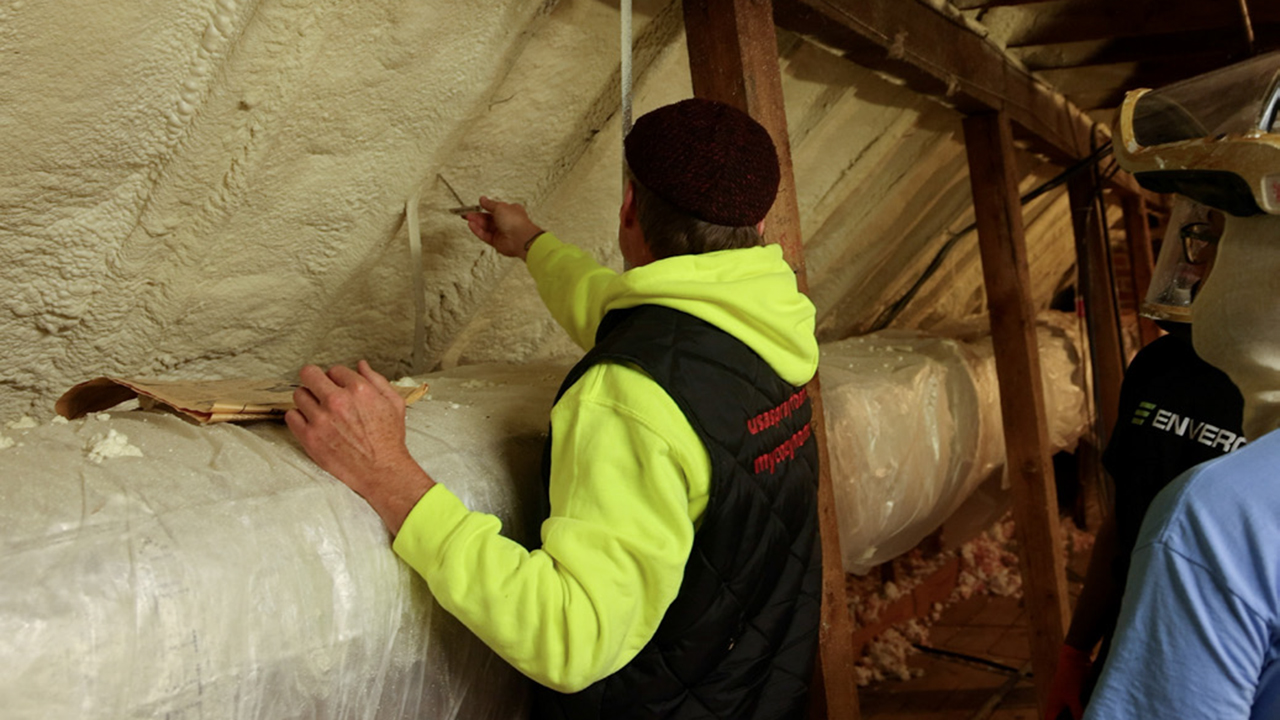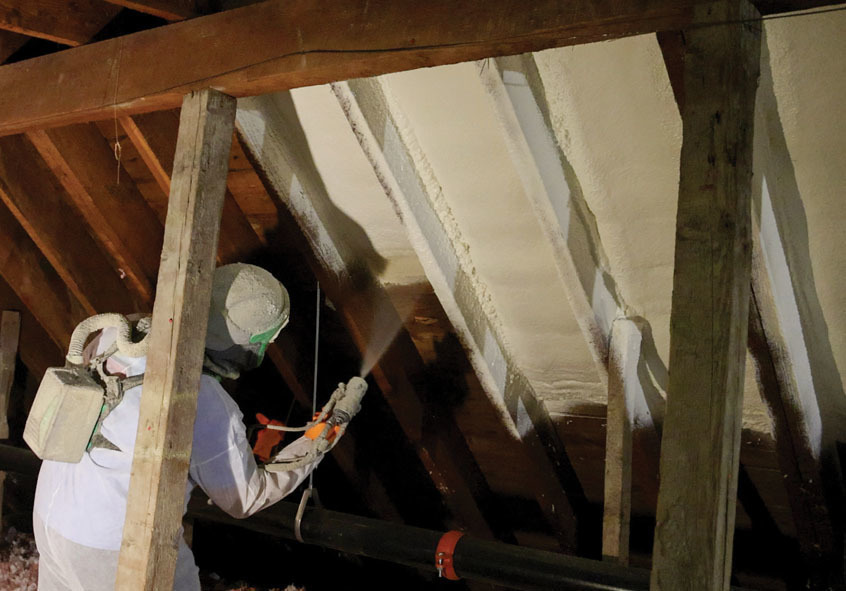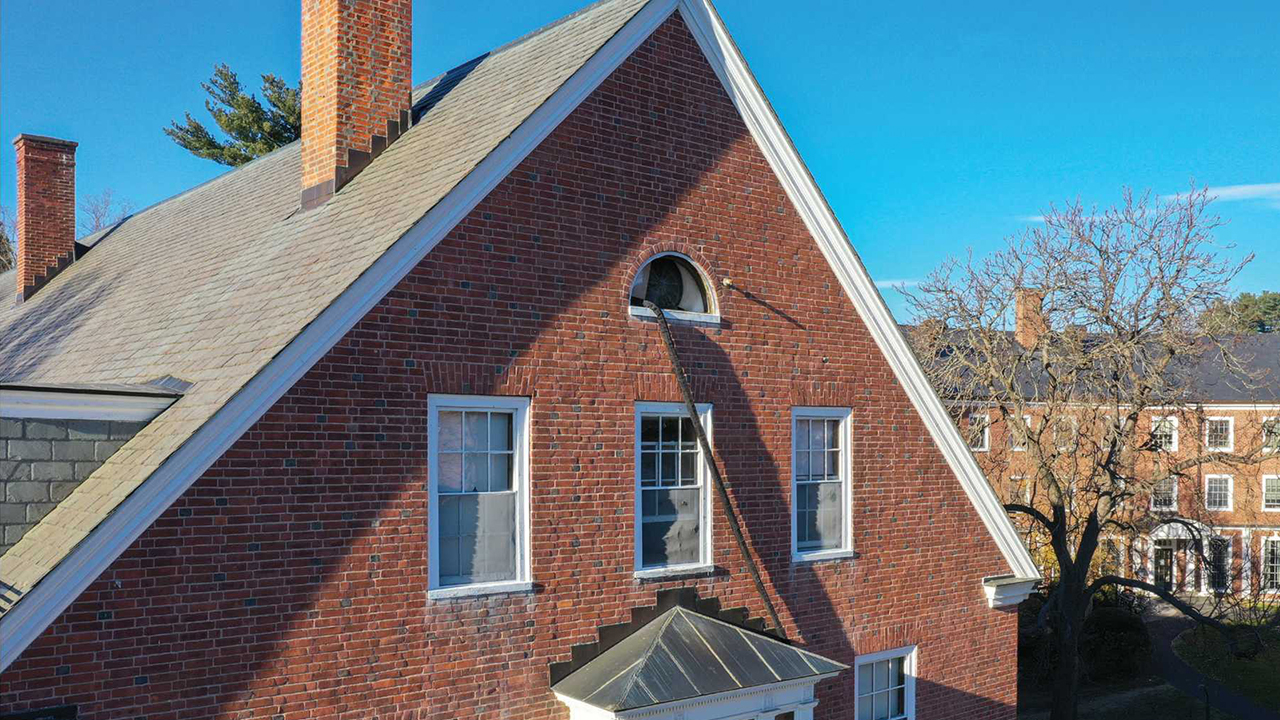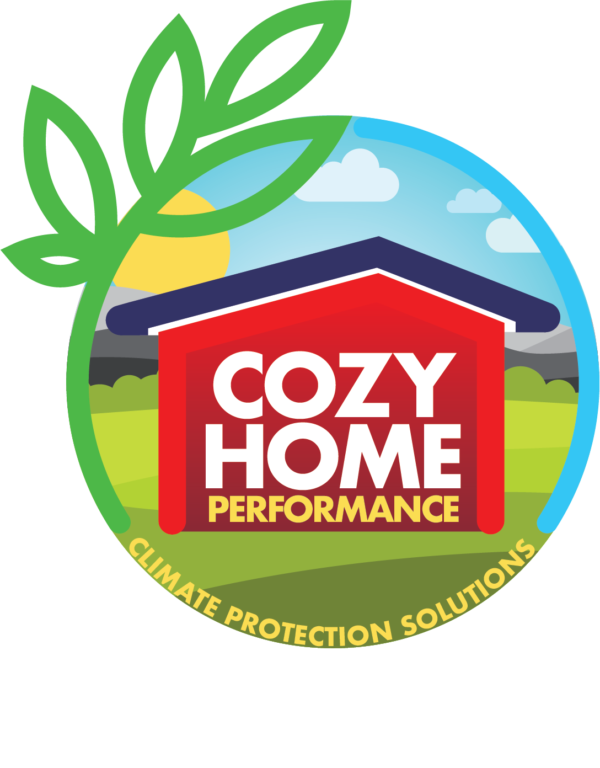Smith College Embraces Sustainable Future with Geothermal Energy and Advanced Spray Foam Insulation
Post Updated: March 28, 2025
In Northampton, Massachusetts, Smith College is blazing a trail toward net-zero greenhouse gas emissions by 2030. As part of this visionary effort, the institution is replacing its outdated heating system with a cutting-edge geothermal network—and supporting that network with strategic building efficiency improvements, including the installation of eco-safe and high-performance spray foam insulation. The project not only highlights Smith College’s determination to reduce its environmental impact but also underscores the expertise of Cozy Home Performance, LLC, a trusted spray foam insulation contractor in Western Massachusetts. Cozy Home was selected because of their decades of experience in building science best practices, safety protocols, professionalism and commitment to eco safe insulation technology that will perform for the long term. This 4 month project was a great success!
In this article:
Geothermal Innovation at Smith College
At the heart of Smith College’s major sustainability push is a comprehensive Geothermal Energy Initiative. By transitioning from an aging, fossil fuel-powered steam heating system to a cleaner, electrically powered geothermal solution, the college aims to significantly reduce its reliance on fossil fuels. The key technology harnesses the earth’s stable underground temperature to provide efficient heating and cooling to the campus. Smith College estimates an impressive 80% reduction in carbon emissions, positioning the institution as a model for sustainable practices among higher education facilities.
Upgrading Building Envelopes with Enverge® OnePass™
While geothermal energy is a powerful renewable resource, Smith College knows that its effectiveness hinges on well-insulated buildings. In older, historic structures, heat loss can negate the benefits of modern HVAC systems. That’s why the college chose Enverge® OnePass™ closed-cell spray foam insulation for vital renovations—a decision that not only boosts energy efficiency but also bolsters the campus’s broader sustainability strategy.
Why Closed-Cell Spray Foam Insulation Matters
- Enhanced Thermal Performance
Closed-cell spray foam forms a robust thermal barrier, creating a nearly airtight seal that reduces energy transfer. When used alongside geothermal heating and cooling, this helps maintain consistent indoor temperatures and lowers overall energy usage. - Moisture Management
New England’s shifting climate presents challenges related to humidity and condensation. Spray foam insulation’s moisture-resistant properties help protect buildings from mold, mildew, and potential structural damage. - Air Quality Improvements
By minimizing drafts and unwanted airflow, spray foam can contribute to healthier indoor air quality—an important consideration for a campus with many students, faculty, and visitors.

Mark Lantz, owner of Cozy Home Performance, oversees the application of 6.5″ of Enverge OnePass to the attic gabled roof decks. PHOTO REID MCCALL
Cozy Home Performance: Trusted Local Expertise
To ensure a flawless application, Smith College enlisted Cozy Home Performance, LLC, a recognized advanced spray foam insulation contractor serving Western Massachusetts. The Cozy Home team applied approximately 6.5 inches (R45) of closed cell spray foam to the attic roof decks of six campus dormitories—structures that date back over a century and once relied on minimal fiberglass floor insulation. By expertly installing Enverge OnePass™closed cell spray foam in these attic roof deck, Cozy Home not only improved year-round comfort and indoor air quality but also helped Smith College to more fully capitalize on the clean energy delivered by the geothermal system.
In addition, the sensitive mechanical components in the attic space are protected from extreme temperature fluctuations and potential freezing. To date, the average year long temperature fluctuation is between 65 degrees winter and 85 degrees summer. Lastly, Cozy Home delivered not only with perfect installation of the closed cell foam but, equally important, ensured the safety of students by designing and executing a negative air ventilation system. This ventilation removed the fumes directly to the exterior and kept separate from living space below. Safety and expertise is the what Cozy Home delivered.
Reinventing Historic Campus Spaces
In total, six dormitories will be upgraded with over 65 sets of Enverge OnePass™ closed-cell spray foam insulation. The project goes beyond typical energy retrofits; it revitalizes century-old buildings in ways that preserve their character while preparing them for a more sustainable future. Previously, the dorms had thin layers of cellulose insulation in the attic floors, leaving significant air leaks. By shifting the thermal barrier to the roof deck, the college is effectively modernizing these historic spaces and optimizing energy performance.

Application of 6.5” of Enverge OnePass to the attic gabled roof decks. PHOTO REID MCCALL
A Holistic Approach to Sustainability
Smith College’s steps toward net-zero emissions extend well beyond its geothermal and insulation initiatives. The college has embraced a campus-wide commitment to sustainability, encompassing:
- Renewable Energy Integration
Investing in solar and wind power to supplement geothermal heating and cooling. - Energy Conservation
Deploying energy-efficient lighting, appliances, and building systems to cut waste and manage power use responsibly. - Eco-Friendly Transportation
Encouraging walking, biking, and rideshare solutions, while supporting electric vehicle charging infrastructure. - Waste Reduction
Building on robust recycling and composting efforts to minimize landfill contributions. - Education & Engagement
Integrating sustainability into the academic curriculum and fostering a culture of environmental awareness.
Inspiring Other Institutions
Smith College’s comprehensive approach—from adopting renewable technologies like geothermal to tightening building envelopes with cutting-edge spray foam insulation—stands as a guidepost for colleges and universities nationwide. By collaborating with Cozy Home Performance, LLC, a trusted spray foam insulation contractor in Western Massachusetts, Smith College has showcased how to combine modern technology, expert craftsmanship, and a long-range vision for carbon reduction. The institution’s leadership sets a powerful example of what can be achieved when innovation and determination align for the greater good.
As the college progresses toward its 2030 target for net-zero greenhouse gas emissions, it illuminates a path for other organizations eager to follow suit. Through strategic investments in renewable energy, building performance, and community engagement, Smith College demonstrates that a truly sustainable future is not just an aspiration—it is an attainable reality.


